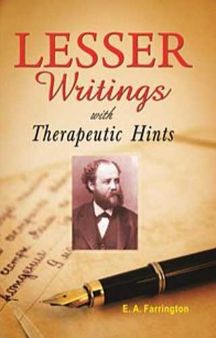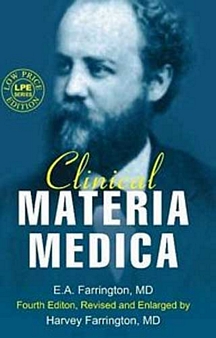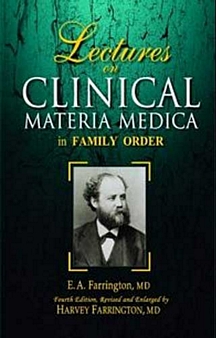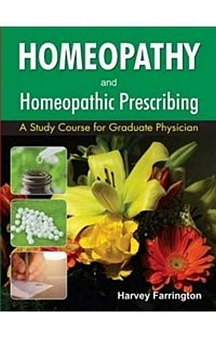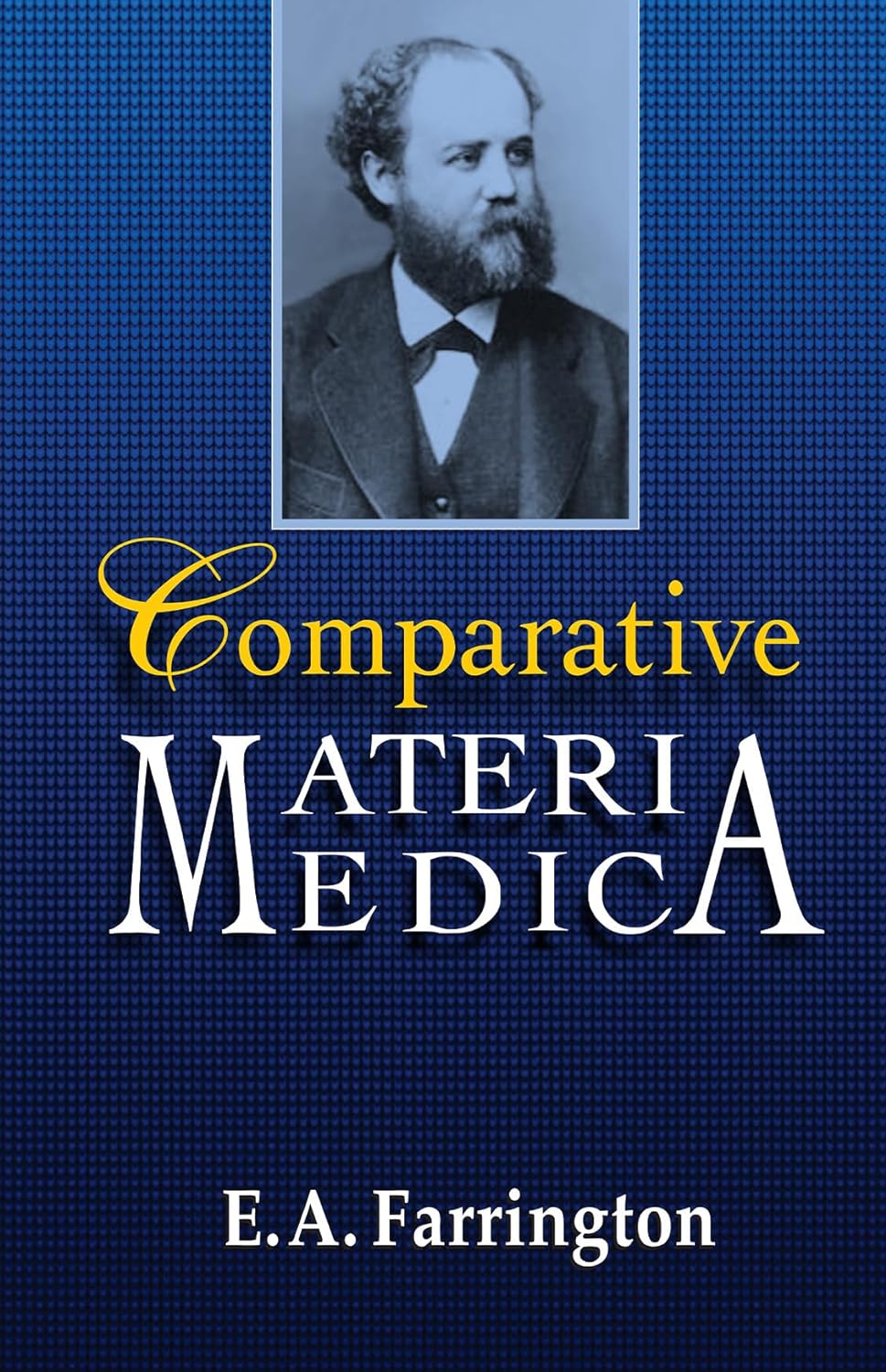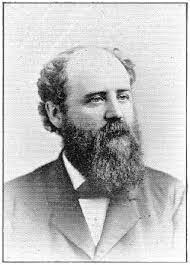
Mr. Ernest Albert Farrington
Dr. Ernest A. Farrington, was born January 1, 1847, at Williamsburg, Long Island, N. Y., and died at Philadelphia, December 17, 1885. During his early years his family removed to Philadelphia, at which place he received his education, and rapidly rose to eminence in his profession. When the Hahnemann Medical College of Philadelphia was chartered, in 1867, it became a question of serious import to him as to whether he should continue in the College with which he was connected or join the new institution. After lengthened consideration, he decided to sever his relationship with the old College. He became the second matriculate of the Hahnemann Medical College of Philadelphia. Here, again, he won unstinted praise, and graduated March, 1868, having enforced the full conviction upon the minds of all, both Faculty and class, that he had no superior in the class of "68." To the honor of all, let it be said that envy never tainted the commendation of one; every graduate delighted to accord to him his full meed of praise.He entered practice immediately after his graduation, establishing himself at the residence of his father, 1616 Mount Vernon Street. His arduous labors in the pursuit of knowledge, during the years of college life, followed by even greater efforts during his early practice, made preceptible inroads upon his otherwise strong constitution; this led him, during the summer of 1869, to take a short European trip, from which he returned much improved in health. He reentered practice with renewed vigor, and speedily succeeded in securing a large and appreciative clientele. On the 13th of September, 1871, he consummated in marriage an engagement which had for some time existed with Miss Elizabeth Aitkin, of Philadelphia, an event which brought more than usual joy, as in his wife he found a most congenial and helpful spirit, both as to his professional and religious life. Four children, three boys and one girl, have blessed this union. Dr. Farrington was essentially a teacher among men. Already we find him, in the spring of 1869, filling a lecturer's appointment as teacher of Forensic Medicine in the spring course of the Hahnemann Medical College. These lectures proved to be so satisfactory that the Faculty, on the resignation of the Professor of Forensic Medicine, after the session of 1869-70, elected him to fill the vacancy. Within two years, the chair of Pathology and Diagnosis becoming vacant, he was appointed to fill the same, and in 1874, upon the resignation of Dr. Guernsey, then Professor of Materia Medica, he was called to fill that most important chair.
